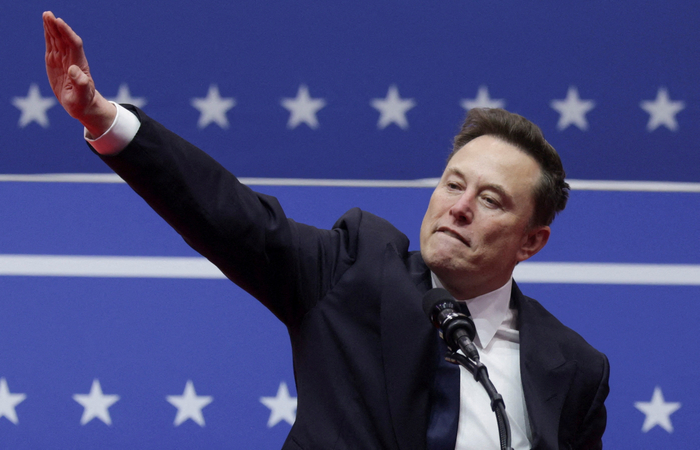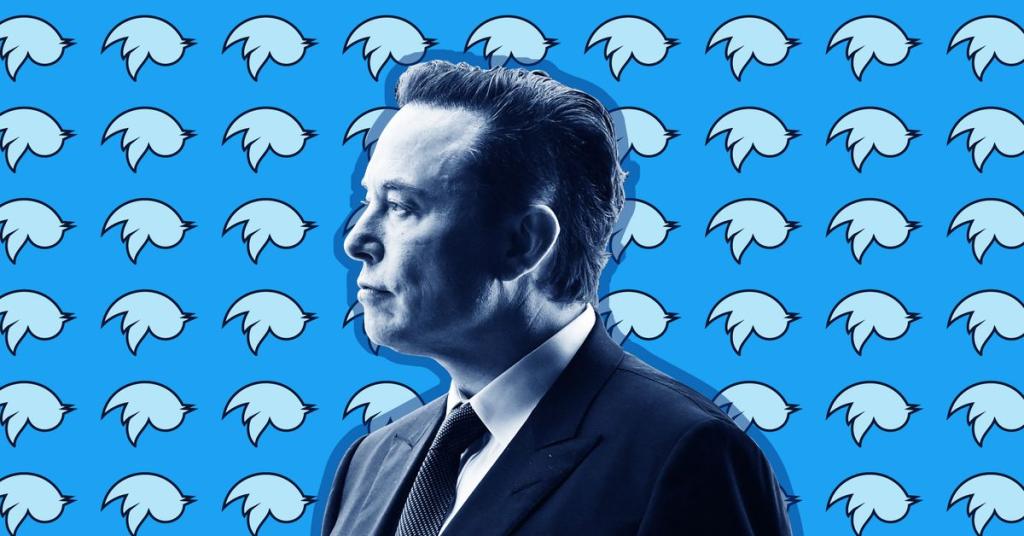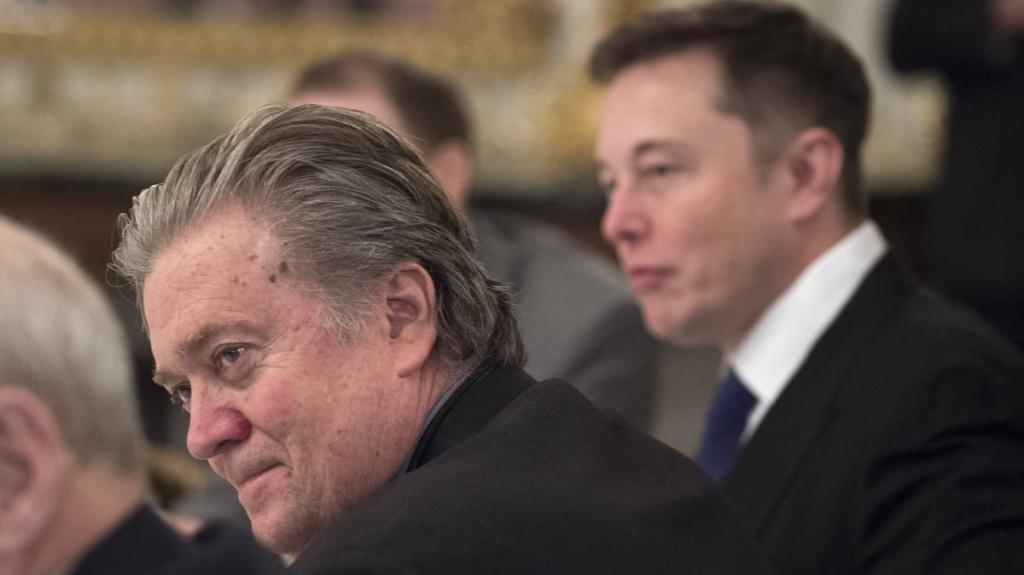Elon Musk's Bold Strategy to Boost Voter Engagement
Elon Musk's America PAC is revolutionizing voter engagement by offering financial incentives, raising important questions about democracy and campaign ethics.
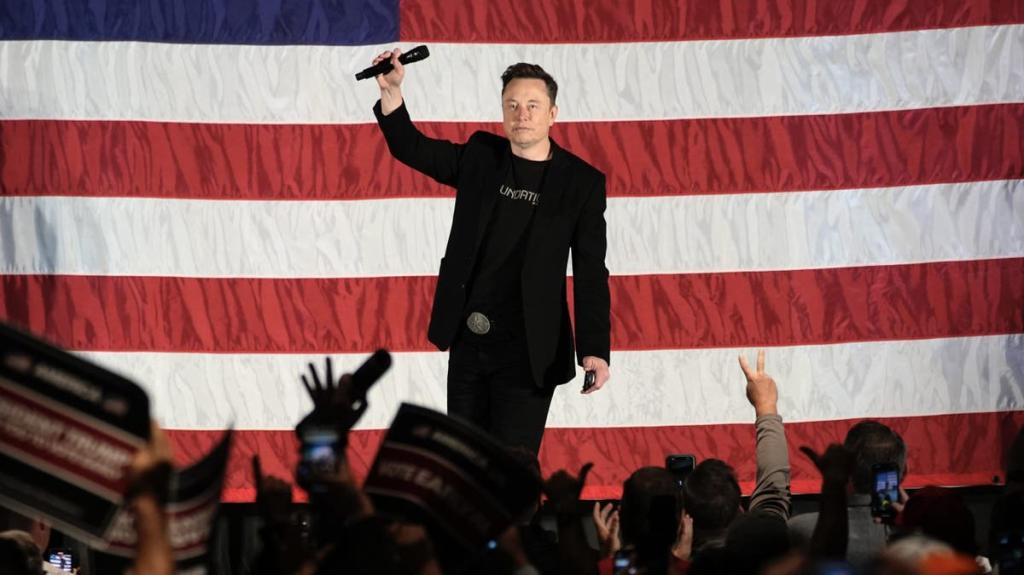
Key Points
- Elon Musk
's America PAC is offering $1 million daily to incentivize voter engagement through petition signatures in key swing states.
- This strategy raises ethical concerns regarding the influence of money in politics and the integrity of the electoral process.
- Musk's approach could compel opposing campaigns to innovate their outreach efforts to enhance voter turnout in a competitive election climate.
As the 2024 US presidential election approaches, innovative strategies to engage voters are at the forefront of political discourse. One of the most talked-about efforts comes from billionaire Elon Musk, who is leveraging his wealth and influence to drive voter participation in key swing states. His approach involves offering substantial financial incentives to encourage eligible voters to engage with a petition supporting the First and Second Amendments of the US Constitution. This initiative has sparked a lively debate about the ethics and legality of cash incentives in political campaigns, raising questions about voter engagement and democracy itself.
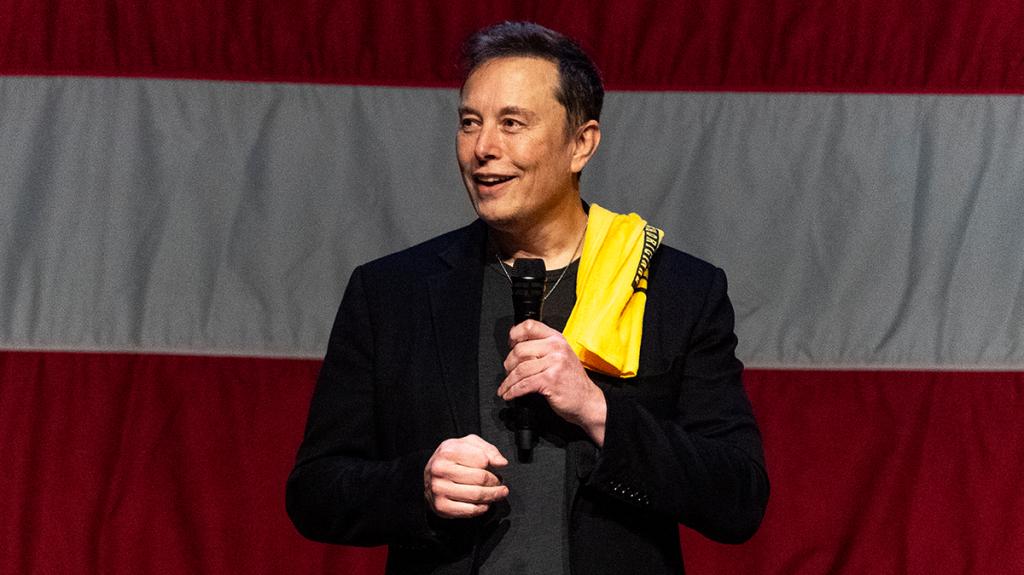
Musk's America PAC has committed to giving away $1 million daily to registered voters in swing states who sign this petition. This ambitious plan not only aims to increase voter turnout but also seeks to resonate with constituents' core beliefs concerning free speech and gun rights. Through his platform on X (formerly Twitter), Musk shared details about this initiative, emphasizing the importance of ensuring that voters in battleground regions are aware of this opportunity to make their voices heard.
The Incentive Tactics Behind Musk's Initiative
Targeted primarily at states like Pennsylvania, Georgia, and
—regions recognized as pivotal in the electoral map—Musk's strategy marks a notable shift in how campaigns can mobilize voters. For instance, Musk has urged individuals in Pennsylvania to not only sign the petition but also refer others, adding a layer of gamification to the voting process. Voter referrals have financial rewards; individuals can receive $100 for each person they refer who also signs the petition. This method systematically broadens the reach and can potentially create a ripple effect within communities.
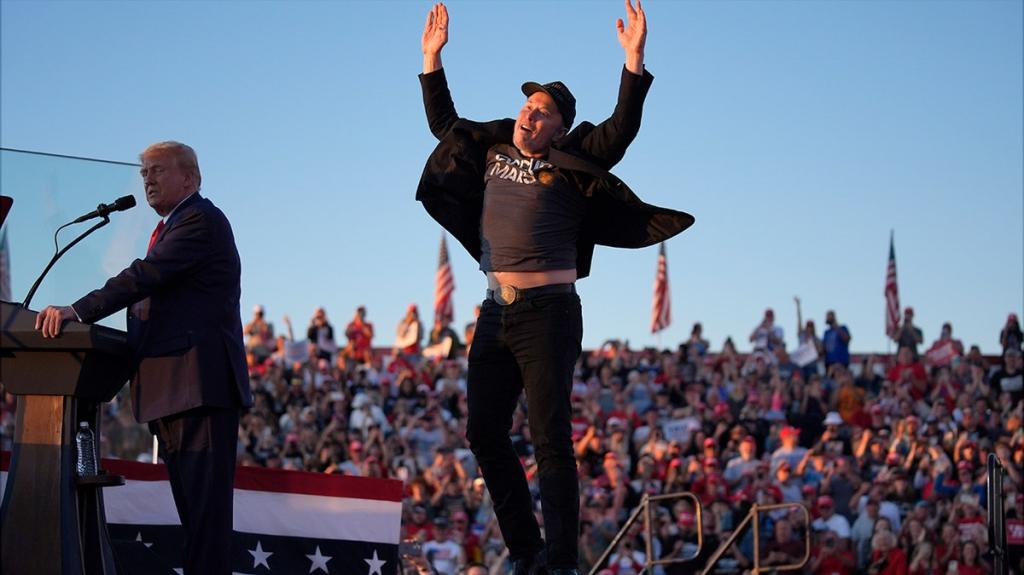
This approach has not only captured public attention but also drawn scrutiny from experts in election law. Critics argue that although compensating people for signing a petition is permissible, the lines become blurred when financial incentives relate to voter registration and engagement. For example, federal law prohibits paying individuals to register to vote or to vote, raising questions about whether Musk's campaign tactics could be interpreted as circumventing these rules.
The Impact of Musk’s Campaign on Voter Engagement
Musk's efforts exemplify a growing trend among political actors who are increasingly blending technology and financial incentives into traditional campaigning. By essentially turning voting into a lottery, Musk's PAC is leveraging his substantial resources to create an environment where voter participation is financially motivated. This type of engagement could lead to higher turnout rates, particularly among demographics that might otherwise feel apathetic towards the electoral process.
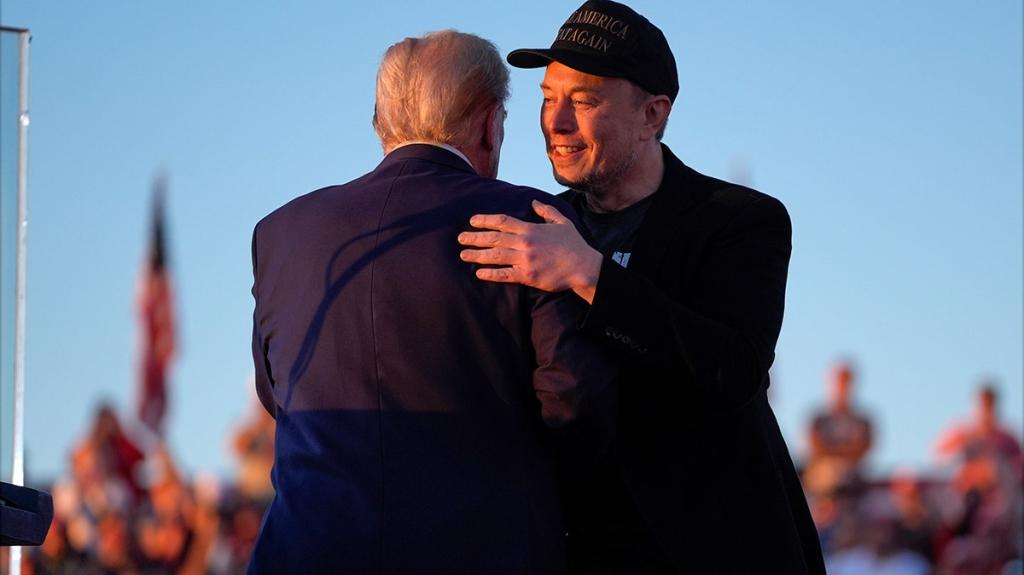
This strategy not only benefits the proponents of the campaign but raises the stakes for opposing parties to adapt their outreach efforts. As both Musk and former President Trump amplify their messaging, opposing campaigns might be compelled to consider similar routes or explore other innovative methods to connect with voters—such as integrating social media influencers like
, who has been approached for her large following among younger voters.
Ethical Considerations and Moving Forward
While Musk's initiative could enhance voter turnout, critics assert it poses ethical dilemmas regarding the integrity of elections. Critics, including Pennsylvania's governor, have expressed concern that such massive monetary incentives risk corrupting the democratic process. Nonetheless, these discussions about cash for signatures bring necessary scrutiny to the growing influence of wealth in politics and push for transparency and ethics in campaign financing.

As we approach the election, it becomes increasingly important for voters to consider not only who they support but how those campaigns engage with their constituencies. Musk's approach is just one of many that illustrates the evolving landscape of electoral engagement, combining persuasion, technology, and financial motivation in ways that might redefine voter turnout in American politics.
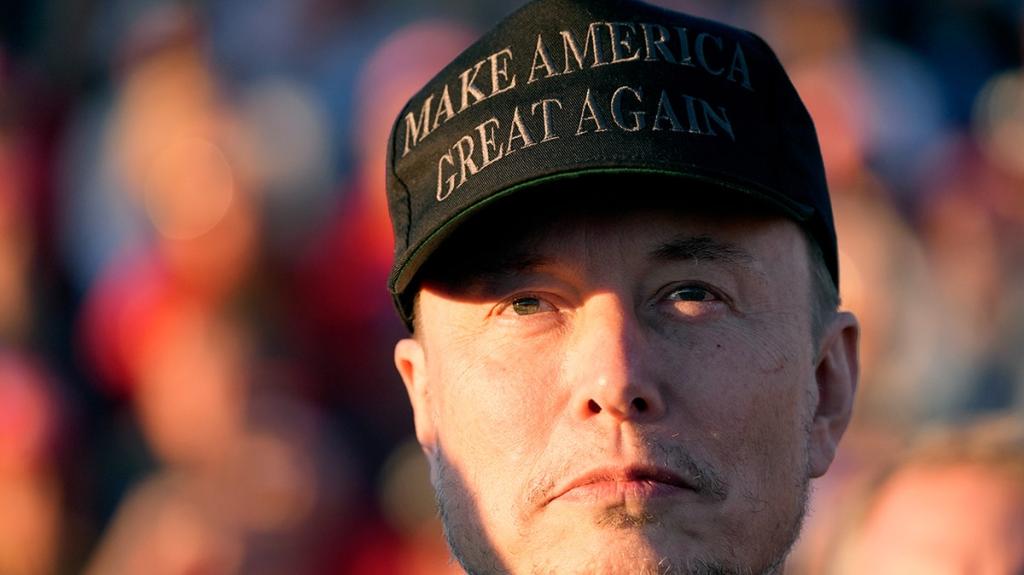
In wrapping up, as we observe these evolving tactics in election campaigning, it becomes crucial for both voters and political entities to navigate the balance between participation incentives and the foundational principles of democracy. While financial incentives like those proposed by Musk could spur engagement, they also challenge our understanding of what it means to participate in a fair and representative election.
